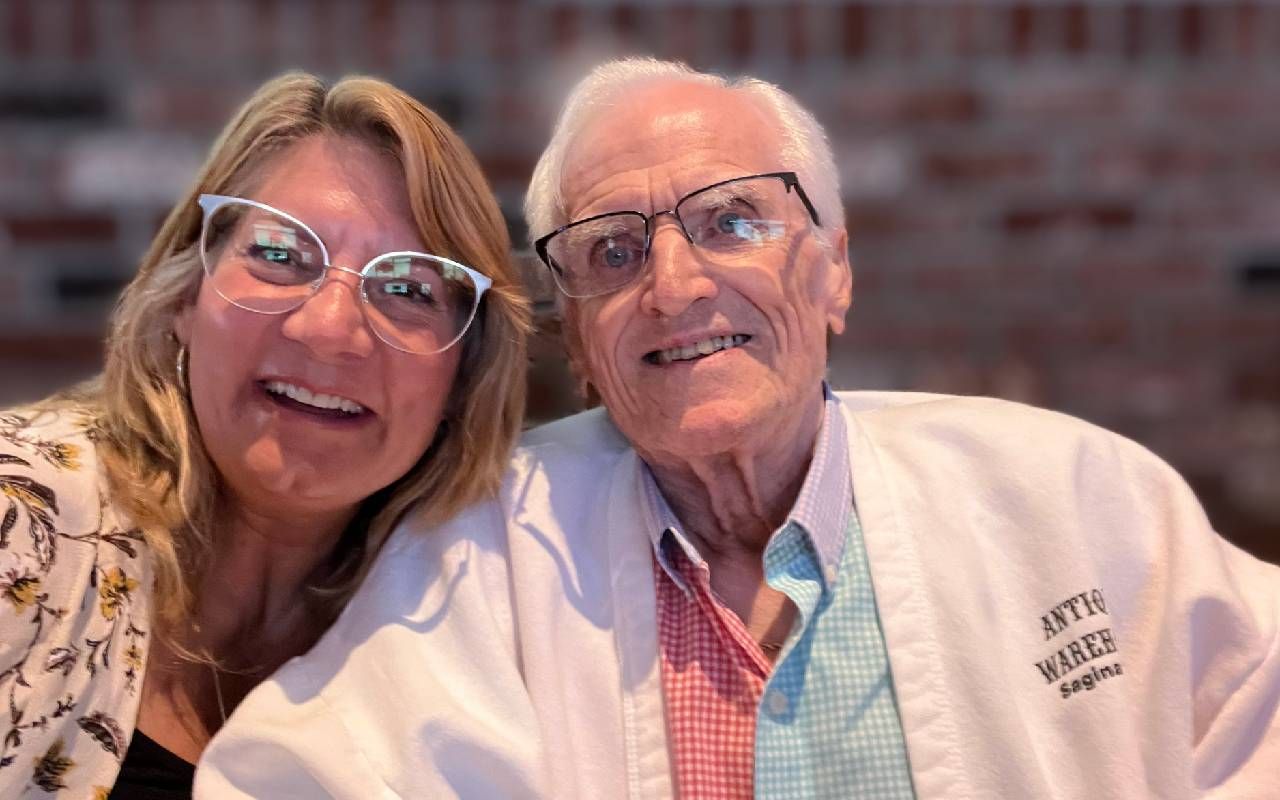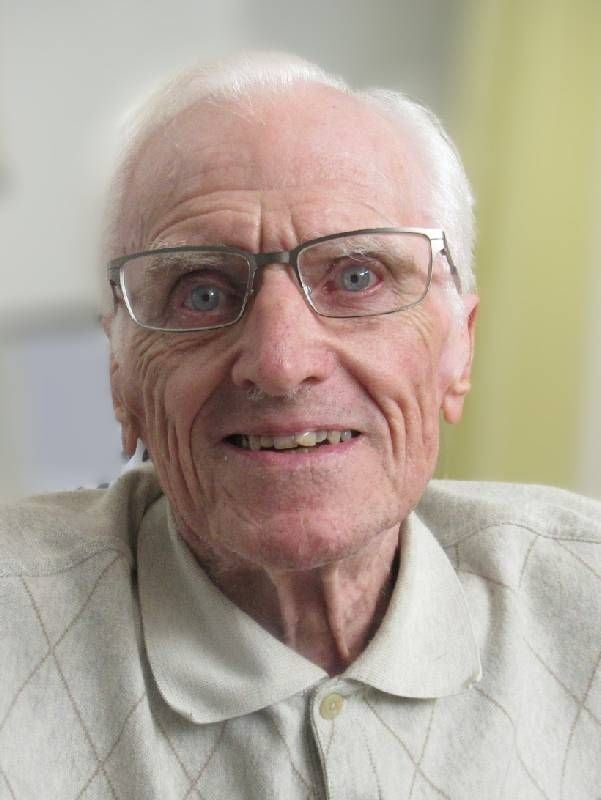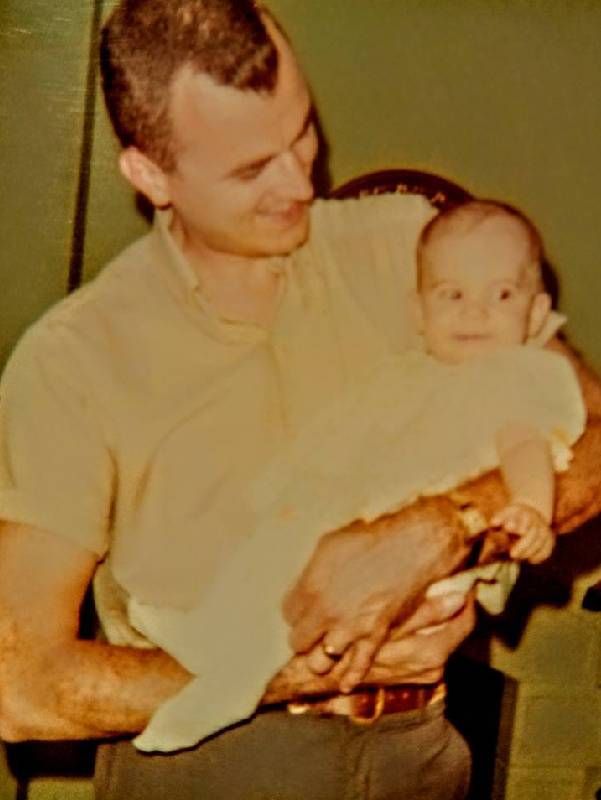A Personal Loss Underscores a National Crisis in Elder Care
The death of my father revealed a failure in the system. The significance of our country's aging population pretty much ensures the situation will worsen for our elders before it improves.
Gentle. Caring. Kind. These words reverberated throughout the funeral home as numerous friends and family members paid their final respects to my dad. Most also fondly reminisced about his snazzy sense of style, but I digress.
My dad's life was cut short due to negligent care at his assisted living facility. The loss has not only left a void but unveiled a harsh reality — the grim intersection of personal loss and systemic negligence prevalent in far too many elder care facilities.

Just six short weeks after an unmonitored biopsy-site wound became critically infected, he passed away. The raging infection that would soon ravage his already weakened body was obvious; all the care staff needed to do was look. Had they done so, perhaps he would still be here today.
That night in my childhood home I grieved even more, painfully aware that the odds of him ever sleeping in his bed again were slim to none.
Instead, I was the one to discover it. And I was too late.
You might be wondering, "Why didn't he say something to someone?" Much to my independent and proud Dad's dismay, he was reliant on others for care and didn't mention what surely must have been a very painful infection because he had no feeling in his legs or arms up to his elbows. This was due to a cripplingly progressive neuropathy caused by chemotherapy treatments prescribed to treat multiple myeloma, a blood cancer we later learned he never had.
My dad's journey of living away from his home of 61 years began in November 2022. The day we left him behind, I fought to hold it together but the sobs overcame me before I could even leave the building. My mom made it to the car. That night in my childhood home I grieved even more, painfully aware that the odds of him ever sleeping in his bed again were slim to none. The house just didn't feel like a home anymore without him in it.
We Were Vigilant and Diligent
Despite our best efforts, my dad's deteriorating physical condition reached a point where it was no longer safe for him to stay in our family home. We had made numerous modifications to ensure the home was accessible, but his weakening legs led to one fall too many.
The worst was when he fell in the kitchen, shattering the glass oven door with his head. My 85-year-old mom gave it her all and though I lived out of town, I came home regularly and did whatever I could from afar. Little did we know, the ambulance ride to the hospital following a couple of falls back in October 2022 would forever take him from the home he loved so much.

From my dad's first day at the facility, my mom and I were vigilant and we were diligent. She went to see him for a few hours every single day unless she was unwell. He and I chatted most days and I visited even more frequently.
Yet, tragedy struck.
While I'm confident we thwarted other potential calamities, the worst scenario possible still occurred under the watch of those tasked with keeping him safe. No matter how you look at it, there's simply no care that compares to that of family even in the most reputable of facilities.
In the end, my dad's already weakened body couldn't continue pumping his heart properly on top of the stress of fighting the infection. Although he had no heart issues up until that point, he quickly succumbed to congestive heart failure.
The actions taken by the facility following the onset of my dad's ordeal were swift and decisive. The entire clinical team of three — the apparent culprits — were terminated, with the remaining staff undergoing a three-day intensive wound care training. The facility's communication and escalation procedures were also overhauled. This response, although commendable, came a little too late for my dad.
A Widespread Crisis
As I reflect on what we've been through, it's clear our experience mirrors a widespread crisis in elder care facilities nationwide. My dad's story spotlights systemic challenges surrounding America's elder care system—staffing shortages, inadequate training, and inadequate governmental oversight. Transitioning from a family home to a care facility is already harsh; negligent care makes it devastating.
It's a simple yet dire equation: too many older adults needing care plus a workforce shortage equates to an impending disaster. Period.
The significance of our country's aging baby boomer population pretty much ensures that the situation will worsen for our elders before it improves. In 2021, there were 56 million Americans aged 65 and older. This number is expected to rise sharply, with 95 million older adults projected by 2060, accounting for nearly 23% of the entire population. Today, 1.3 million seniors live in nursing homes and more than 800,000 reside in assisted living facilities. These numbers will likely grow by about 40% over the next 27 years.
It's a simple yet dire equation: too many older adults needing care plus a workforce shortage equates to an impending disaster. Period.
So, what's the solution? Keeping our loved ones out of institutional care for as long as possible, forever if feasible, is a start. But, I'm not going to lie; being a caregiver is an emotional and exhausting job. I speak from experience. I cared for my mom full-time for one week, coincidentally the very same week I discovered the infection on Dad's leg. I was completely wiped out and have a newfound respect for family caregivers. The thought of managing that for months or years on end is mind-boggling.

Don't try to go it alone. There are resources available, such as your local Area Agency on Aging. They offer vital support like Meals-on-Wheels, transportation arrangements, in-home caregiving referrals, and assistive technology recommendations such as medical alert systems.
I urge you to learn from the death of my dad and the deaths of the countless others also failed by the senior care system. Whenever possible, keep your elderly loved ones in the comfort of their own home or welcome them into yours to ensure a more comforting and safe passage through their golden years. This labor of love, while demanding, is undeniably rewarding and worthwhile as it can mean the difference between life and death.

